
Not a real doctor: AI struggles to treat human patients
Tasked with identifying common medical conditions and recommending treatment, artificial intelligence can deliver deadly advice.

Tasked with identifying common medical conditions and recommending treatment, artificial intelligence can deliver deadly advice.
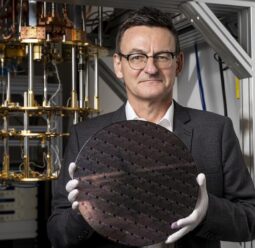
Quantum technology that promises to outsmart artificial intelligence could be made in Australia after an investment in a Sydney company.
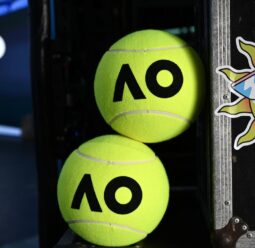
Tennis-talking robots, virtual reality matches and an innovation to let visually impaired fans follow the action are being tested at the Australian Open.
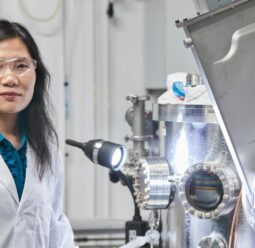
A material touted as a candidate for next-generation solar technology is showing more promise, with Australian scientists behind its success.
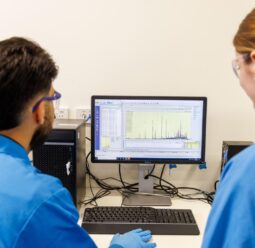
Artificial intelligence could be good for scientists but bad for science as a whole, a study has found, as it narrows the scope of research.
Space weather is increasingly impacting aircraft electronics, and that means the recent grounding of dozens of flights may not be a one-off, researchers warn.
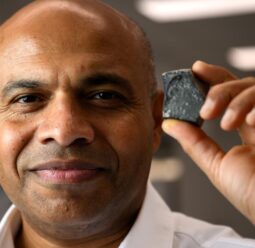
An Australian company plans to turn hydrogen into a solid material that is cheaper to produce and could rescue green industries.
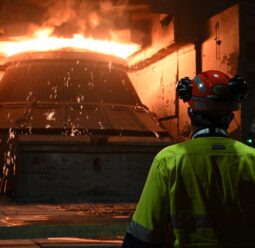
One of Australia's largest mining companies will pause its plans to produce greener iron and invest $35 million in emerging local technology.
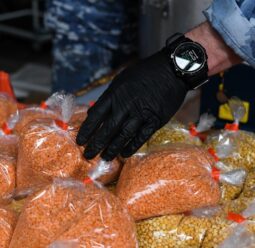
Australian inventors are using artificial intelligence to help farmers grade their crops but the technology almost proved too efficient.
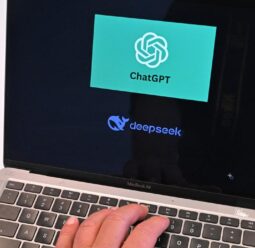
More Australian businesses are investing in artificial intelligence technology but many are still waiting for clear rules about its use.
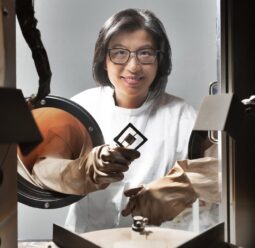
More efficient solar cells are getting closer to commercial launch thanks to a breakthrough involving a new design and more durable chemicals.

Internet-connected doorbell cameras will be loaded with artificial intelligence software and used to identify lost pets, with the owners' permission.
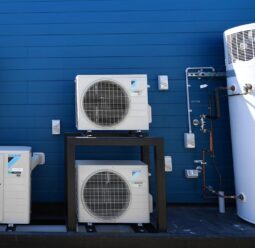
Most Australians want to know how long they can expect expensive appliances to work and whether they can be repaired easily, a study shows.

Emergency services, agricultural projects and defence operations are expected to benefit from eyes in the sky provided by Australian space innovations.
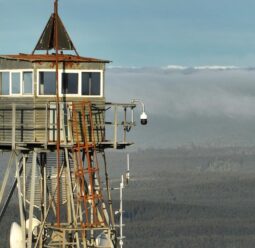
Artificial intelligence technology will be deployed in more Australian forests in an investment inspired by the devastating Black Summer bushfires.
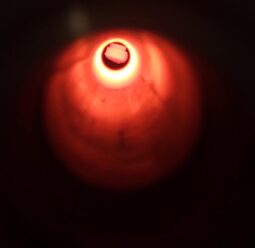
A breakthrough to help with establishing a human colony on Mars could be hidden in its iron-rich red surface, Australian researchers say.
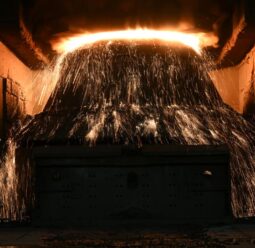
Creating a green metals industry is taking longer than expected, experts say, but an Australian summit is seeking ways to accelerate its creation.
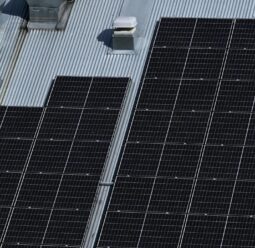
Solar panels installed on commercial and industrial buildings could deliver savings to nearby residents in a trial proposed by a major energy firm.
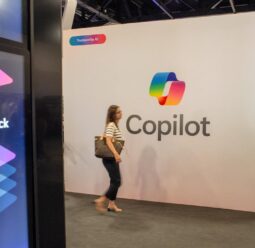
Australian companies should boost productivity by using existing artificial intelligence tools rather than trying to create sovereign models, a US expert says.

Bushfires in the Northern Territory are among the first captured by an artificially intelligent satellite designed to detect and record danger from above.
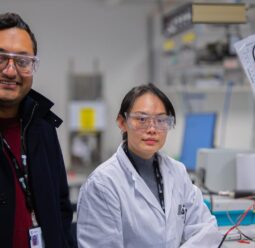
Creating sustainable aviation fuel without using farm waste could be possible within months, researchers say, and will cut emissions from air travel.
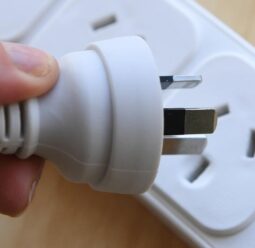
From households fitted with solar panels to electric car drivers and business operators, a new research centre aims to model nationwide trends in energy use.
A low-earth orbit satellite, made in Adelaide, could launch into space as soon as 2027 as part of a bid to boost Australia's aerospace capabilities.

The leader of one of Australia's top medical technology companies warns strict regulations on artificial intelligence could hamper local innovation.
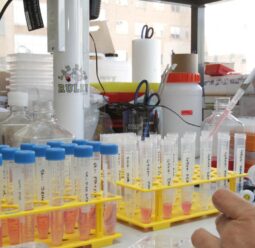
Faced with testing 8000 substances to work out how to cut pollution from a key agricultural product, Aussie scientists turned to artificial intelligence.
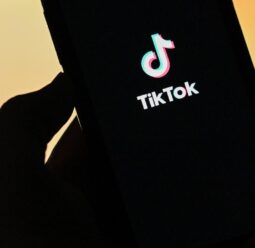
More than 25,000 Australian videos featuring misinformation have been removed from YouTube and TikTok as tech giants turn to AI tools to identify issues.
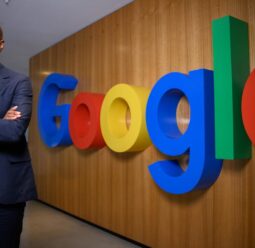
Australia could miss productivity gains and health breakthroughs if it does not consider artificial intelligence rules carefully, a Google executive says.

Online criminals have compromised thousands of websites, including those of Australian businesses, in an attempt to steal users' passwords.
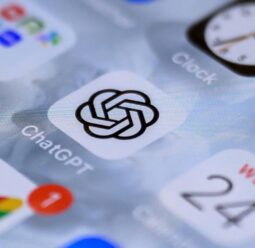
Most young Australians are using generative artificial intelligence tools but some are reconsidering their use or changing career paths due to concerns.
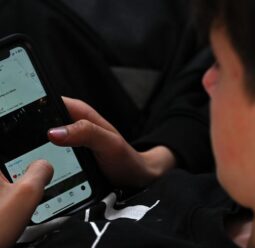
Users of Google products could allow AI to personalise email replies and more with their own tone and style by allowing it to peer into their private data.
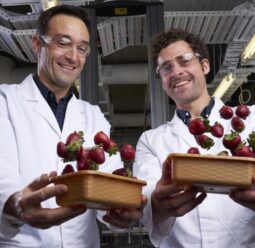
Unique packaging material created using bacteria and sawdust could reduce disposable plastic and keep strawberries safe during transport.